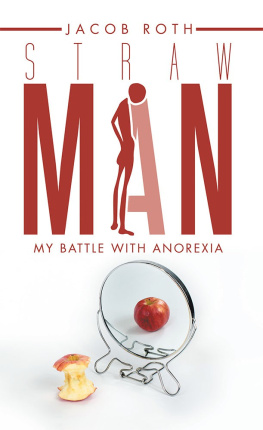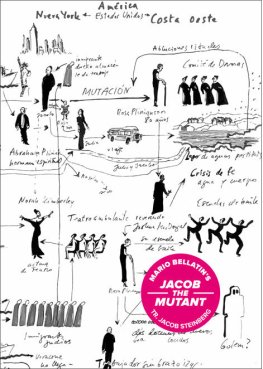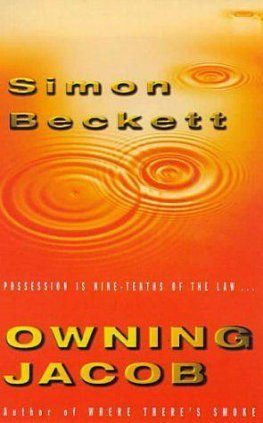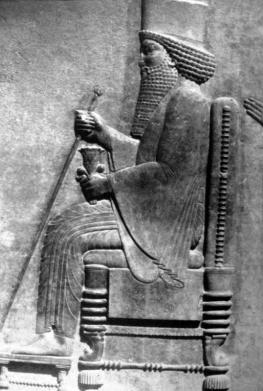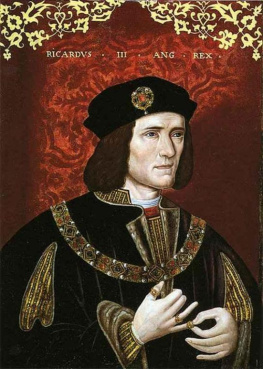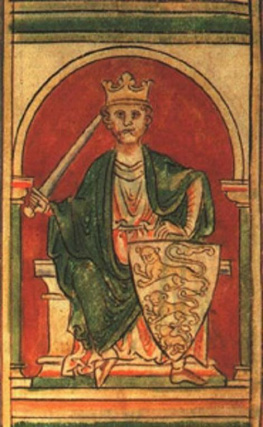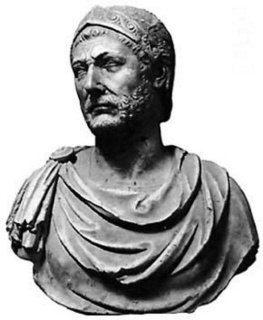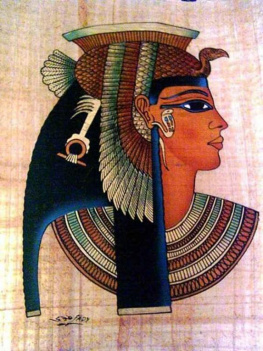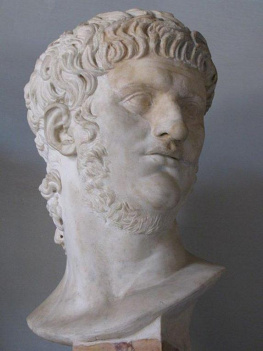STRAW
MAN
MY BATTLE WITH ANOREXIA
JACOB ROTH

STRAW MAN
MY BATTLE WITH ANOREXIA
Copyright 2018 Jacob Roth.
All rights reserved. No part of this book may be used or reproduced by any means, graphic, electronic, or mechanical, including photocopying, recording, taping or by any information storage retrieval system without the written permission of the author except in the case of brief quotations embodied in critical articles and reviews.
iUniverse
1663 Liberty Drive
Bloomington, IN 47403
www.iuniverse.com
1-800-Authors (1-800-288-4677)
Because of the dynamic nature of the Internet, any web addresses or links contained in this book may have changed since publication and may no longer be valid. The views expressed in this work are solely those of the author and do not necessarily reflect the views of the publisher, and the publisher hereby disclaims any responsibility for them.
Any people depicted in stock imagery provided by Getty Images are models, and such images are being used for illustrative purposes only.
Certain stock imagery Getty Images.
ISBN: 978-1-5320-4175-4 (sc)
ISBN: 978-1-5320-4174-7 (e)
Library of Congress Control Number: 2018903330
iUniverse rev. date: 04/30/2018
CONTENTS
To Mom and Dad,
I know that reading this book will be horrible. Youll relive the terror I inflicted upon you. I wont apologize for my illness, but I am sorry I was a cause of your anguish. Never blame yourselves, for I was a con artist, concealing from you the depth of my suffering. I hid the worst elements of my crises to shield you from my torment and give myself the freedom to commit unfettered self-harm. That lifestyleregardless of how I feel at a given timeno longer appeals to me. I promise I will never deliberately force you to write my obituary. However, if something happens to me, please donate my body to science or an anorexic cannibal.
I cant control how this book will affect the public perception of our family. But no matter what anybody claims or whether members of Westboro Baptist Church picket with God Hates Anorexics signs outside our house, you must realize that you have been incredible parents. For as long as I can remember, you two have been my best friends (except for when you forced me onto a table and allowed a strange man to hack off something sensitive in front of an audience). That bond will never fracture. I love you. I love our family.
To my sister, Maddie,
I was supposed to be your big brother, but you helped guide me through my vulnerability. You heard more about my pain than anybody else did. I wasnt easy to deal with, yet you never abandoned me. You supported me with levels of maturity and emotional intelligence that far exceeded what someone should expect from a high school student. Im proud to have such a generous, compassionate, and caring sister. If I were cooler than I am, Id find a Justin Bieber lyric to express my gratitude to you. Instead, Im stuck with my words. Theyll never suffice.
To Nana Sheila, Zaidy Paul, Bubby Pearl, and Zaidy Jerry,
spending time with my grandparents has never been a chore. You are all incredible sources of sup port.
To Gillian O lsen,
your love and encouragement helped me overcome my doubts and move forward with this pro ject.
To Aunt Bonnie, Aunt Karrie, Aunt Riva, Uncle Dave, Uncle Richard, Uncle Steve, Alexa, Aaron, Jared, Justin, Lindsay, Trevor, and T yler,
many of my best memories include you.
To Adam Kovacs-Litman, Ari Soberano, Katherine Fu, Lyndsay Lyons, Mathew Sherman, and WuD i Wu,
you all know what youve done fo r me.
To Darko F icko,
I love you as if you were my big bro ther.
To Gillian K irsh,
you were an ideal collabor ator.
To the members of CSA2,
you all gave me one of the best half months of my adolesc ence.
To Maurizio De Fr anco,
thank you for nurturing my irrever ence.
To Alex Robins, Noah Letofsky, and Sophie Bar nett,
we understand one another. Thank you for your openness and for allowing me to laugh at our p asts.
To Aviva Koffman, Jennifer Goldberg, and John Lambe rsky,
you introduced me to the fundamentals of writing. Without your harshness, I wouldnt have been able to write this book.
To Amelia McLeod, Charlie McMahan, Diana Holloway, Irfan Tahiri, Katrina Dods, Kaya Ellis, Ksenia Podvoiskaia, Mariana Vitaver, Husein Panju, Jordyn Letofsky, Julia Kaplan, Pamela Charach, Rebecca Schidlowsky, Richard Waters, Ryan Tolusso, Stuart Clark, Taylor Mann, William Gibson, and Zachary Wi lson,
youve all helped me more than you may ever rea lize.
To Norma K irsh,
throughout this project, your advice has been invalu able.
To Merryl Bear, Suzanne Phillips, and the National Eating Disorder Information Centre team,
thanks for allowing me to be part of your crew.
To my elementary school principal, who guaranteed Id flou nder,
you were right. I went ano.
INTRODUCTION
My Lapsed Religion
Anorexia nervosa is like a fanatical religious conviction. You dedicate all your energy to a way of life that you believe promises bliss. The eating disorder ritualizes internal crises that you struggle to understand. My experiences with anorexia were based on rituals that Id perform to avoid panic. I treated the voice in my head as if it were divine, trying to suppress all skepticism and fully submit to its offerings. Thats why I personify it as the Anorexia God. I do this not to make light of religion but to demonstrate the existential purpose I gave to anorexia. I also emphasize the fanatical element. My convictions were dangerous and based on a self-destructive neurosis.
Anorexia is not just a desire to be thin. It is an all-encompassing fear of gaining weight or an obsessive preoccupation with losing weight. To control weight, an anorexic restricts caloric intake. This restriction doesnt amount to healthy dieting. It overtakes the patients life.
Failure to comply with the Anorexia Gods edicts would send me to anorexia hell. If I consumed one calorie too many, ate one gram of fat too many, or weighed one pound too many, I felt I had defied my religious obligation. I was a sinnera sacrilegious, sodomy-sympathizing heretic.
I wasnt born into this religion, but when I found it, I converted quickly. It answered the unanswerable and controlled the uncontrollable. My unfulfilled needs made this new interpretation of existence alluring. The dictates of my regimen soothed my lost soul, nullifying its contradictions and imperfections. Life made sense.
My friends ask me how a once chubby teenager who acted as if he were a refined adult could have succumbed to this faith. How did a student who excelled to the top of his high school graduating class morph into a gaunt carrier of such pain? How did a guy who was big enough that he had to strain his neck to see the toilet bowl crumble that profoundly? How did peoples tutor become a patient who needed everybodys help? How did a man become anorexic?
I still cant answer these questions with certainty. I can only try.
In this book (for which I hope the market isnt too thin), I tell the story of my pilgrimage from a healthy lifestyle to my arrival at recovery. But I offer four points of caution.
First, everything I have written is my interpretation of events and peoples reactions to them. It represents just one angle. When I was sick, many of my perceptions were unrealistic. I was sure people hated me, a view that retrospection has undermined. My story describes my thoughts as they occurred. I want you to see how I saw the world.
Second, I claim to tell the story of only one anorexic, for my experiences with an eating disorder arent universal. Though Ive sprinkled this account with advice that I deemed helpful, anguish has diverse origins and manifestations. I am also unqualified to offer professional advice, so I advise reading my text as a memoir.
Next page
